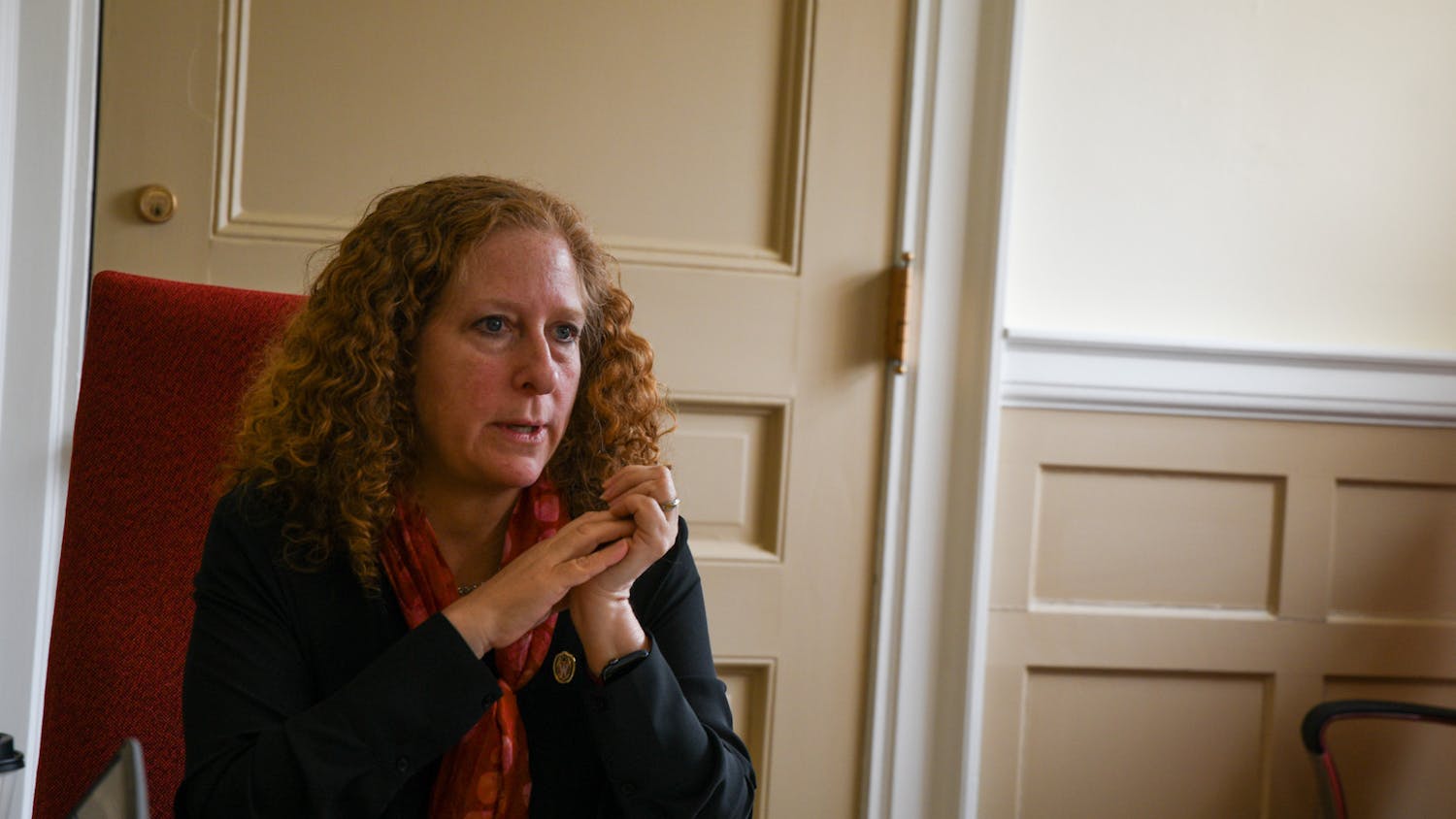In 1968, the feminist movement was the leading force in introducing the Gender & Women’s Studies class “Women and Their Bodies in Health and Disease” into UW-Madison’s curriculum. Fifty years later, the class has become imperative to the department, according to Professor Jenny Higgins.
The class offers an introduction to health, ill health and the social influences and inequities that mold the female-assigned health systems. It creates a dialogue about contraceptive services, defines consent and provides information on menstruation and pregnancy, according to Kendall Oehler, a UW-Madison student.
Oehler said the class taught her things she “deserved to know as a developing young person,” something she did not learn growing up in Stevens Point.
“I considered it to be the sex ed I never had,” Oehler said. “It’s incredibly comprehensive in a way that high school sex ed class is not.”
The class also offers a discussion on contraception and consent on a campus-wide scale while also giving students the opportunity to decide what that means for them. Oehler said this is essential to navigate the sexual climate on campus.
“It really went in [on contraception], in a way that made it much easier to personalize my own healthcare experience for myself and gave me a sense of agency that I don’t think I otherwise would have had,” Oehler said.
Higgins addressed the success of the class on campus, saying the internet has played a major role in the increasing number of students enrolled in the class — currently clocking in at 235.
"Even with the rise of the internet, students are as hungry as ever for accurate, evidence-based information about their bodies and health,” Higgins said. “Most school-based sexuality education programs leave young people with insufficient information about these topics. Moreover, the field of healthcare changes rapidly, and so students are eager for the latest updates.”
While the class is considered fundamental to the UW-Madison campus, current federal legislation is turning away from creating a safe and open environment for sex, consent and menstruation to be discussed, according to Oehler.
Oehler said much legislation in the country restricts access to “basic fundamental rights.”
“There’s kind of an attack on women and reproductive healthcare,” Oehler said. “Right now the current political climate is very hostile to that kind of empowerment.”
The class has changed in the last 50 years to modernize the curriculum and match the current social and moral environments of today. Although she took the class last semester, Oehler believes that the class has changed significantly from the values of the mid-twentieth century.
“It probably wouldn’t have taken the angle that it’s taking now, being biological and social and acknowledging all the power structures at play,” she said. “The idea of supremacy or hierarchy is one that might have been more suppressed in the 1950s.”
Nina Valeo Cooke, director of Undergraduate & Curricular Services of Gender & Women's Studies and LGBTQ+ Studies, discussed curriculum shifts throughout the past 50 years, highlighting the growing developments in technology and the changing boundaries of sexuality.
Cooke said developments in science and technology, as well as policy changes that influence health, have had the largest impact on the course. Cooke emphasized that the way we think of bodies, gender and identity — beyond a male-female binary — has changed dramatically.
Gender & Women’s Studies 103 has become more relevant to international movements like Time’s Up and Me Too, responses to sexual harassment and assault in the entertainment industry and to individuals around the world, according to Higgins.
"It's been incredible to witness these last couple of years: students have been galvanized, I think, that their voices DO make a difference,” Higgins said in an email. “The GWS 103 framework is aligned with a number of current social movements, from the Me Too movement to the fight for racial justice to immigrants' rights.”
Oehler said this knowledge can and should be extended beyond the borders of campus through the use of social media and face-to-face conversation.
“If each person has knowledge, they can transfer their knowledge to people that they come in contact with,” Oehler said. “I’ve had so many conversations with friends and family where I’ve been able to come to the table with a more educated perspective, and I think that’s enriched the conversation. It’s transferable, and that’s good for the world.”






